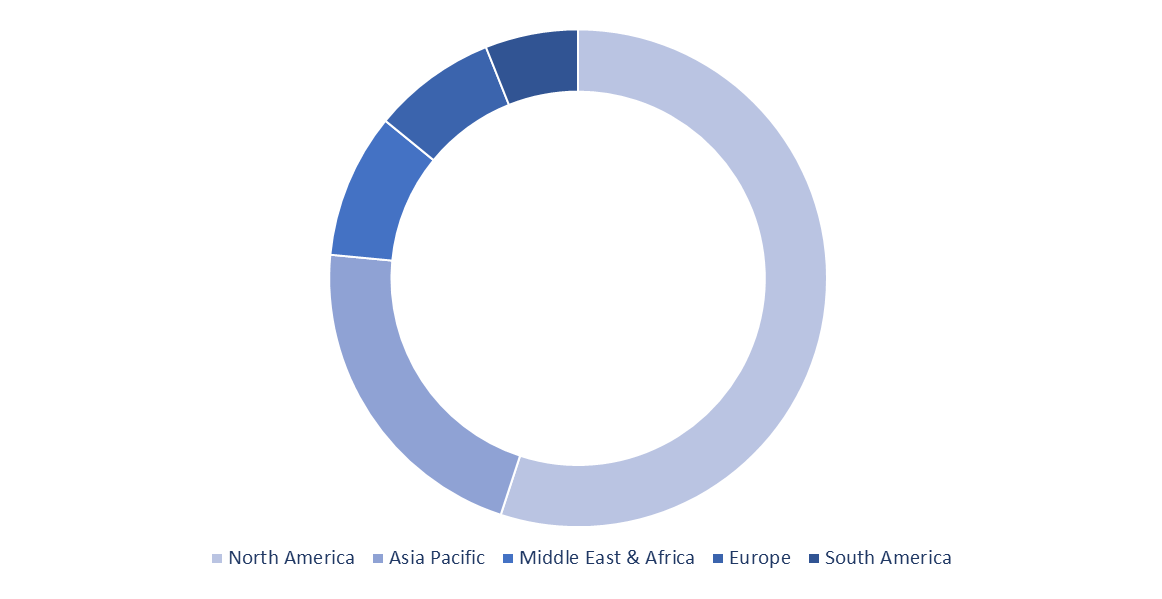The global RNase Control market was estimated to be US$ 209.15 million in 2022 and is expected to reach US$ 403 million by 2032 at a CAGR of 7.6%.
RNases, which assume significant parts in nucleic corrosive digestion, are found in the prokaryotes and eukaryotes, and in basically every cell type. The human body utilizes RNases to shield against attacking microorganisms by discharging these chemicals in liquids like tears, spit, bodily fluid, and sweat.
RNases are likewise present in chipped skin, on hair that might fall onto a seat, and in pet hair that might stick to a dress. The essential origin of RNases inside most conditions, notwithstanding, is microorganisms—to be specific, microbes and parasites. In this report, we talk about how to stay away from, recognize, and restrain RNase when working with RNA.
Some essential care should be taken when working with RNA. These protections will go far towards limiting RNase impurity problems. Those factors are as follows:
There numerous applications wherein keep up with the uprightness of RNA. NEB offers three separate RNase inhibitors; Ribonucleoside Vanadyl Complex (NEB #S1402) can be utilized in cell fractionation techniques, just as in sucrose-slope centrifugation to restrain different ribonucleases. While RNase Inhibitor, Human Placenta (NEB #M0307) or RNase Inhibitor, Murine (NEB #M0314) can be utilized for restraint of RNases A, B and C. The upside of RNase Inhibitor, Murine, is that it does not have a couple of handily oxidized cysteines that are available in the human structure, along these lines making it more steady.
The prime function of RNase control is prevention of RNA degradation during synthesis of cDNA, RT-PCR, RNA purification and so on. RNase control is vital in molecular biology. This is because RNase is prone to contamination and such episode is difficult to trace, and might ruin the entire experiment. Rising use of techniques such as polymerase chain reaction is expected to drive the demand for RNase control.

Global RNase Control Market Value Share Analysis, by Geography (2022)
The report titled “Global RNase Control Market - Global Market Share, Trends, Analysis and Forecasts, 2023-2032”, wherein 2021 is the historic period, 2022 is the base year, and 2023 to 2032 is forecast period. Additionally, the study takes into consideration the competitive landscape, wherein the report would provide company overview and market outlook for leading players in the Global RNase Control Market. Furthermore, the report would reflect the key developments, global & regional sales network, business strategies, research & development activities, employee strength, and key executive, for all the major players operating in the market.
The global RNase Control market is segmented as type, application and region. Based on type, the RNase Control market is segmented into Recombinant and Non-recombinant. Based on application, the RNase Control market is segmented into Research Institutes, Laboratories, Health Institutes, others.
Based on geography, the Global RNase Control Market is segmented into North America, Europe, Asia Pacific, Middle East & Africa, and South America. North America is sub-segmented into the United States, Canada and Rest of North America. Europe is sub-segmented into Germany, United Kingdom, Italy, France, Spain, and Rest of Europe. Asia Pacific is sub-segmented into China, Japan, India, Australia, and Rest of Asia Pacific. Middle East & Africa is sub-segmented into Saudi Arabia, UAE, South Africa and Rest of Middle East & Africa. South America is sub-segmented into Brazil and Rest of South America.
The research provides in-depth analysis of prominent players holding majority share of the global market with a focus on all operating business segment and would identify the segment of the company focusing on Global RNase Control Market. Further, market share of prominent companies in the Global RNase Control Market would also be estimated.
The study takes into consideration the key competitive information such as business strategy, product portfolio, key development, swot analysis, and research and development focus of all the RNase Control companies. The Global RNase Control Market study would take into consideration the participants engaged throughout the supply chain and value chain of the market, along with their contribution.
Product portfolio would focus on all the products under the RNase Control business segment of the company. Similarly, the recent development section would focus on the latest developments of company such as strategic alliances and partnerships, merger and acquisition, new product launched and geographic expansion in the Global RNase Control Market.
The key players of the Global RNase Control Market are Thermo Fisher Scientific, New England Biolabs, Integrated DNA Technologies, Inc., QIAGEN, Meridian Bioscience, Lucigen Corporation, Promega Corporation, PCR Biosystems, Takara Bio, Inc. and GCC Biotech Pvt. Ltd., and others.
Based on Type
Based on Application
By Region
The RNase control market size is expected to reach US$ 403 million by 2032.
The RNase control market is expected grow at a CAGR of 7.6% from 2023 to 2032.
The RNase control market was estimated to be US$ 209.15 million in 2022.
Thermo Fisher Scientific, New England Biolabs, Integrated DNA Technologies, Inc., QIAGEN, Meridian Bioscience, Lucigen Corporation, Promega Corporation, PCR Biosystems are few prominent players active in the market.
The trending factor of multidisciplinary research within the expanding research horizon of molecular biology research will have requirement of large-scale usage of RNase control. These factors will help in fueling the expansion of the global RNase control market in the near future.
Copyright © 2025 Same Page Management Consulting Pvt. Ltd. (insightSLICE) | All Rights Reserved
